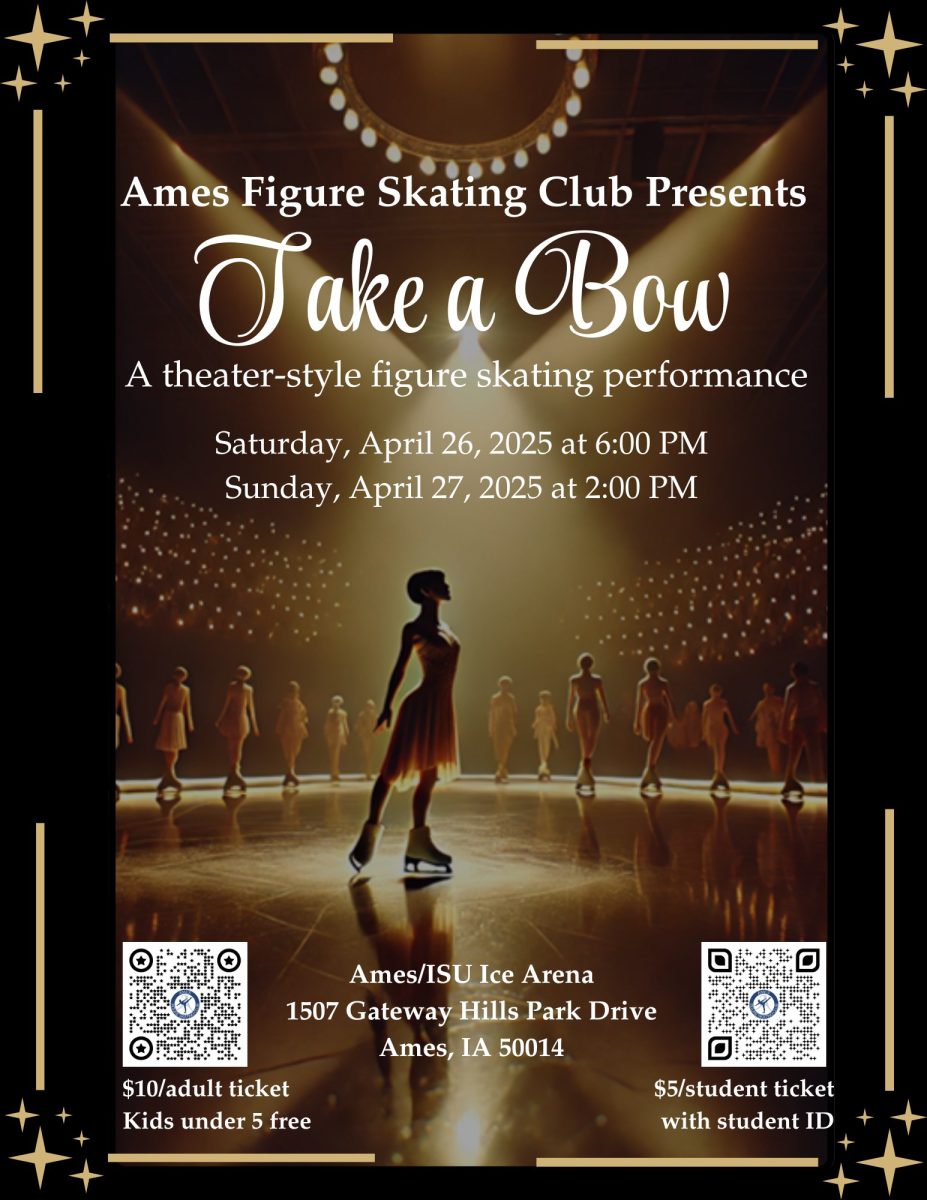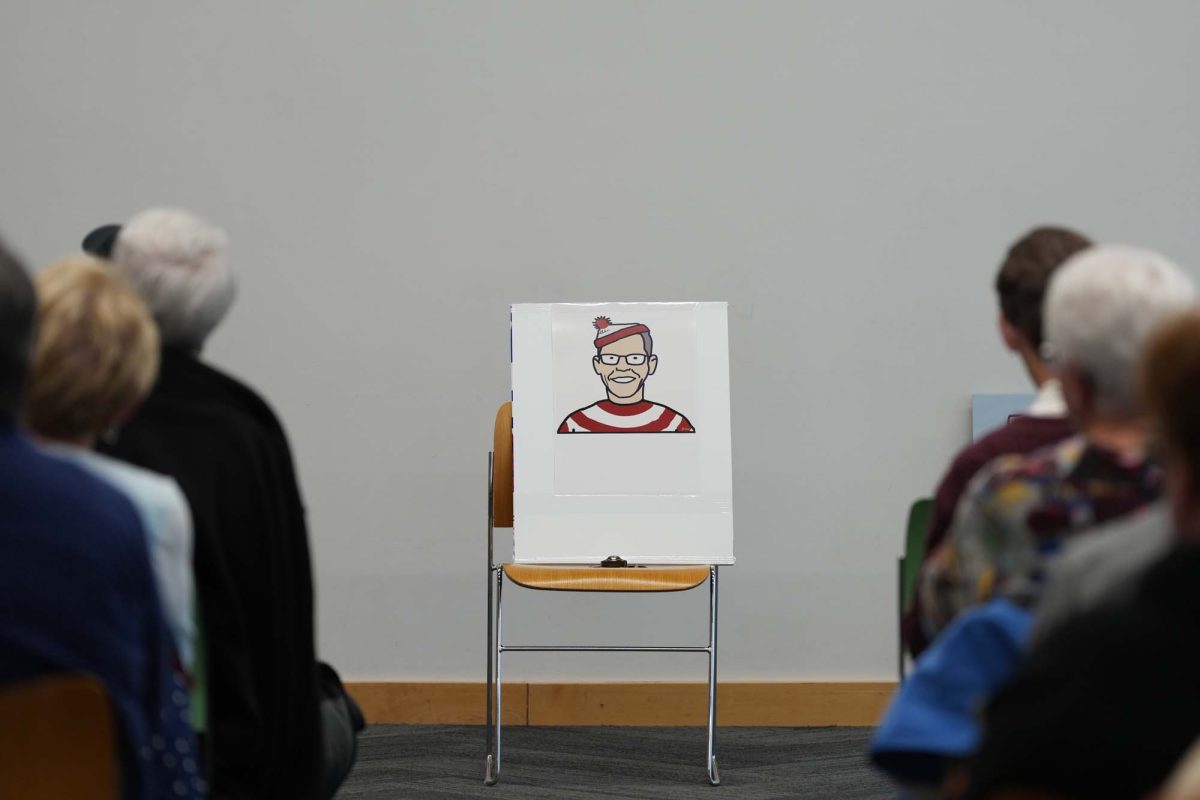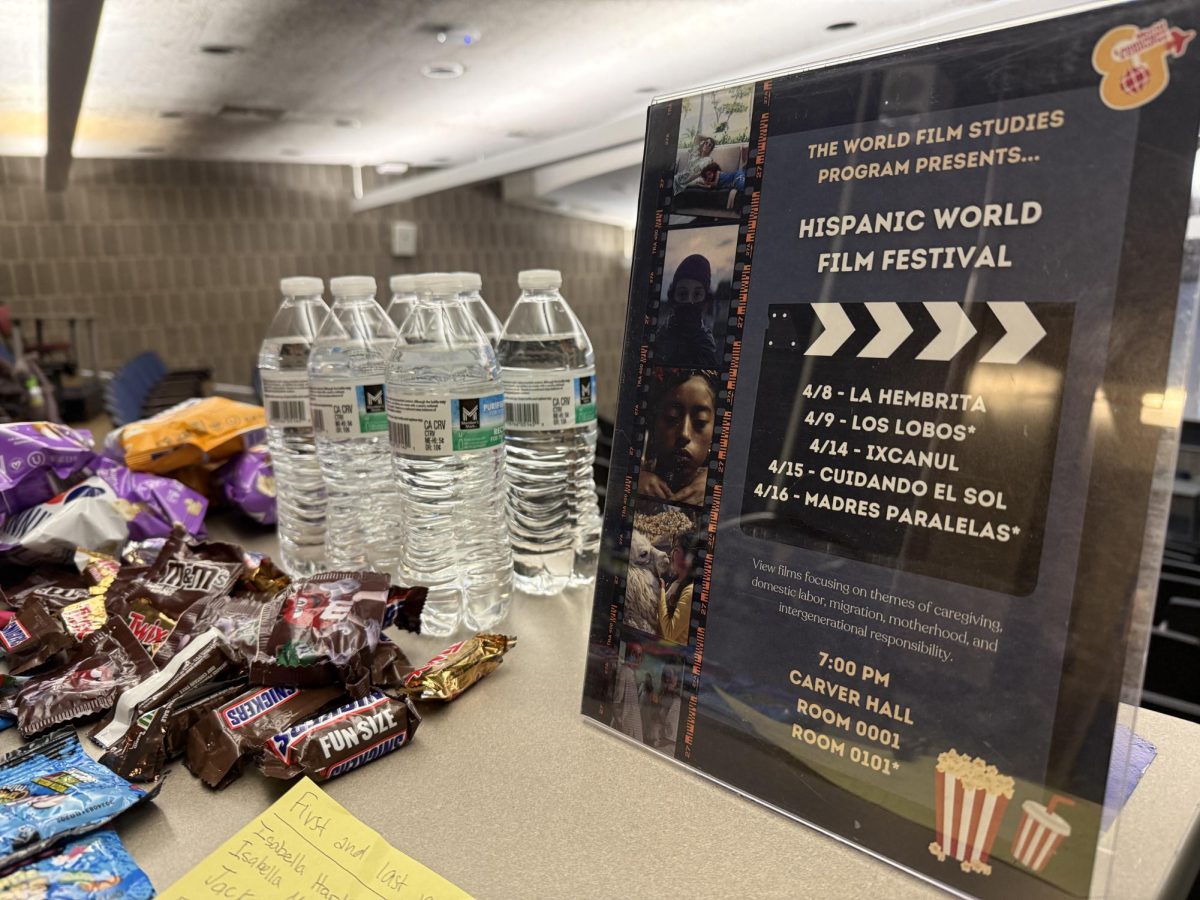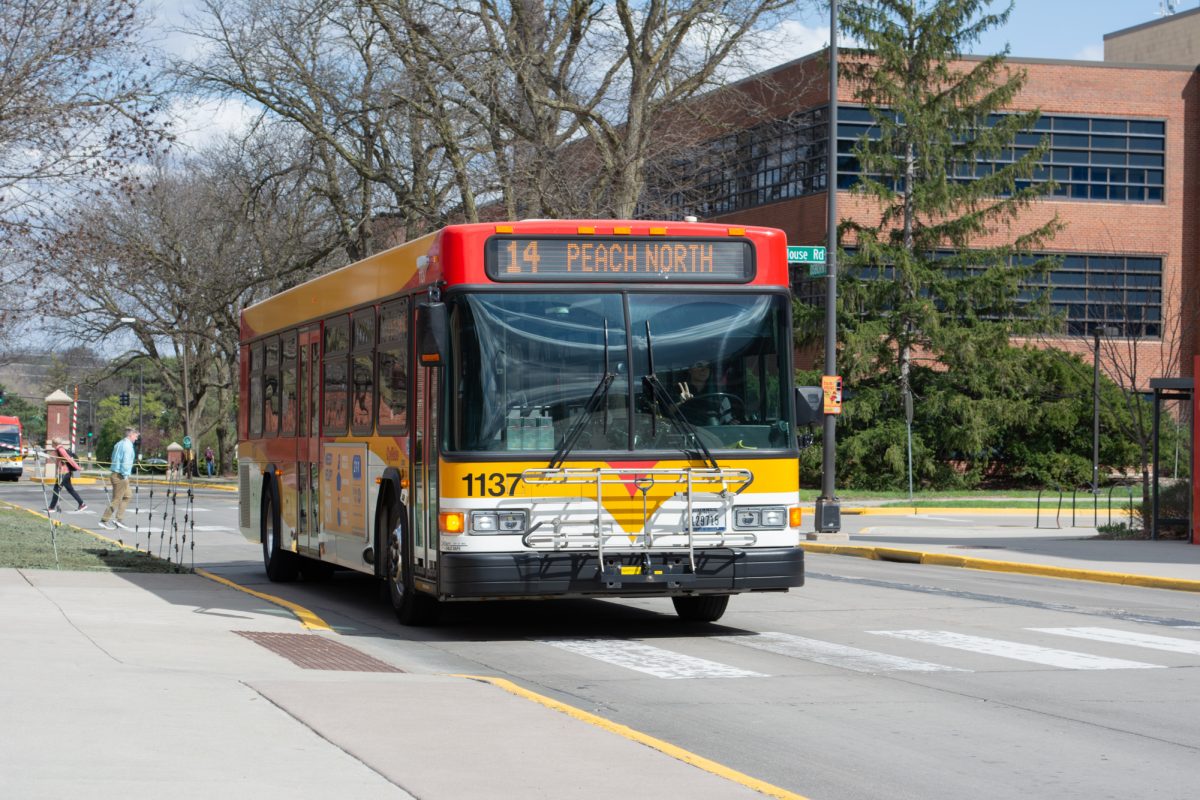Programs team up to end sexual assault, inform students
April 19, 2011
The Margaret Sloss Women’s Center provided a sexual assault panel to inform students of the variety of help Iowa State offers.
Ashley Hand, response services coordinator at the Assault Care Center Extending Shelter and Support; Carrie Jacobs, ISU Police; and Gina Furr, intern at Student Counseling Services, represented the locations available.
Students who want to talk to someone about an offense but would rather keep it confidential have that option through ACCESS.
ACCESS provides free and confidential assistance to victims. Any information a victim provides to ACCESS is 100 percent private and can never be released to law enforcement officials or during court.
“During April we like to take a lot of time to talk about sexual assault and raise awareness because it’s a crime that often occurs in silence,” Hand said. “That’s one of the reasons ACCESS exists is because a lot of people don’t know what resources exists for them within the community.”
The program was also put in place as an outlet for students, to provide emotional support after experiencing a violent situation.
Students who want to talk to someone but are thinking about pursuing the offense as an assault should contact ISU Police.
“One of the things people kind of get freaked out about is, ‘Well if I talk to a police officer am I automatically making a report?’ or ‘Everything is going to be posted in the newspaper, so everyone is going to know,'” Jacobs said.
Jacobs said the answer is no.
“When we first contact with that individual who has been a victim of assault we let them know you don’t have to tell me anything,” Jacobs said.
The law enforcement is there to provide victims with information about options the victim has on the legal side, which is determining if they want to pursue the offense as assault.
“Students can do nothing; the victim doesn’t have to make the decision right away,” Jacobs said.
But law enforcement will make the individual immediately receive medical services, and a sexual assault kit is usually performed at the hospital.
“By doing this, that still doesn’t mean that the student has decided they are going to go ahead and pursue charges,” Jacobs said. “We can hold onto that kit for 10 years, so you have 10 years to determine whether or not you are going to file an assault.”
Officers may ask the victims if there is any evidence anywhere else, such as a dorm room. By collecting this evidence the information will stay on file with the sexual assault kit.
Another option students can use is going through the university.
This route is only an option if the offender is also an ISU student. University help is offered at the Dean of Student Office, the Sloss House or Student Counseling Services.
“Again, you do not have to release any information,” Jacobs said.
“Some of the services Student Counseling Services provide is: people who have been sexually assaulted or physically assaulted, victims who are trying to get their lives back together and people who know someone else who has been assaulted and are looking for advice,” Furr said.
Student Counseling Services also keeps all information confidential.
“It is really important to focus on sexual assault and how we can go about preventing it, stopping it or what to do after someone has been assaulted,” Furr said.
The Sloss House, ISU Police, Student Counseling Services and ACCESS have been teaming up for the month of April to focus on sexual assault in order to provide students with more information on what to do if they are assaulted, through a series of events scheduled on campus.






